My Overly Conscious Love for Pathfinder
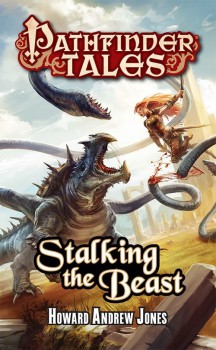 Lately I’ve been reading a fair amount of Pathfinder novels. Partly this is because I want to play Pathfinder and have no one with whom to play it, because all of my adult friends who are so inclined live too far away, and my children and I just aren’t in the same frame of mind. (Roleplaying with a fourteen-year-old and a twelve-year-old is challenging, simply because logic, for all involved, works a little differently. For this audience, a straightforward dungeon crawl, like Fantasy Flight’s Descent, is a more viable option, but, with that, you don’t get enough freedom for story creation and character generation.)
Lately I’ve been reading a fair amount of Pathfinder novels. Partly this is because I want to play Pathfinder and have no one with whom to play it, because all of my adult friends who are so inclined live too far away, and my children and I just aren’t in the same frame of mind. (Roleplaying with a fourteen-year-old and a twelve-year-old is challenging, simply because logic, for all involved, works a little differently. For this audience, a straightforward dungeon crawl, like Fantasy Flight’s Descent, is a more viable option, but, with that, you don’t get enough freedom for story creation and character generation.)
Another reason I have been reading Pathfinder novels is because my oldest son has started reading them. If I read them as well, we can inhabit a shared text (and perhaps, in time, a satisfying Pathfinder gaming session).
And yet another reason why I have been reading Pathfinder novels is because they’re good.
This was announced not too long ago, at least in reference to Howard Andrew Jones’s Stalking the Beast, when Nick Ozment realized that that novel was “better than it needed to be.” I’ve read some Pathfinder novels by other writers as well, and I will say that most of them are quite good.
Nick made clear why he found Jones’s second novel for the franchise so good, but what do I mean when I say that, in general, I like the series? I will say that they are highly satisfying Sword and Sorcery novels. They are entertaining. They are escapist. They have cool things in them. And, above all, they are quite familiar. They are based on the 3.5 (or 3.75) edition of Dungeons & Dragons, after all.
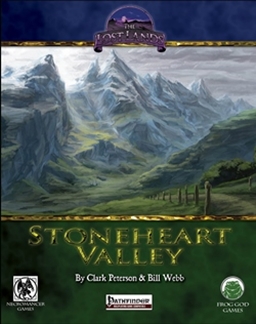
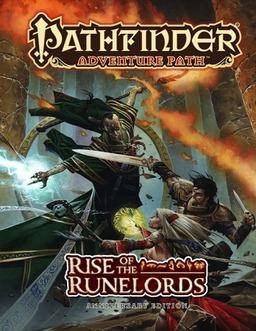
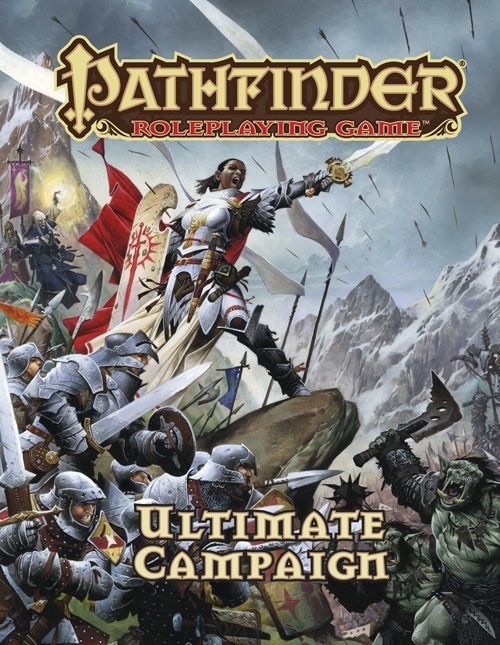
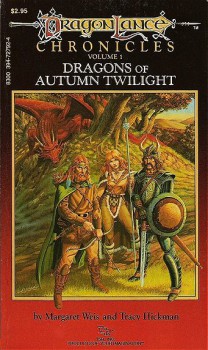 This week concludes Black Gate‘s interview with author and editor James L. Sutter with a discussion of the pros and cons of media-tie in fiction, the Before They Were Giants anthology which collects the first sale short fiction of many big name writers, and a look at what James is working on now. Be sure to check out parts
This week concludes Black Gate‘s interview with author and editor James L. Sutter with a discussion of the pros and cons of media-tie in fiction, the Before They Were Giants anthology which collects the first sale short fiction of many big name writers, and a look at what James is working on now. Be sure to check out parts 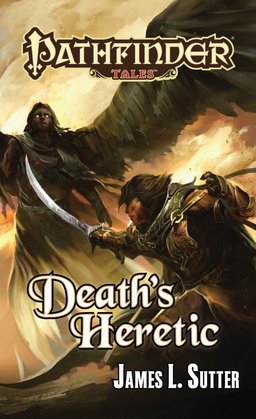
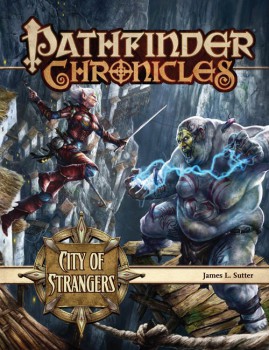 Last week we were just getting started in
Last week we were just getting started in  I recently caught up with Paizo’s James Sutter for a conversation about his work heading up Pathfinder’s new fiction line, as well as his own writing and influences. In part one of our conversation James tells us about his new novel for Pathfinder,
I recently caught up with Paizo’s James Sutter for a conversation about his work heading up Pathfinder’s new fiction line, as well as his own writing and influences. In part one of our conversation James tells us about his new novel for Pathfinder, 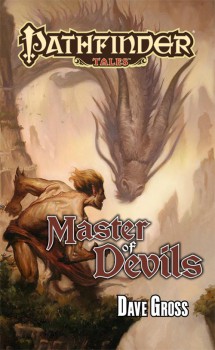 Master of Devils
Master of Devils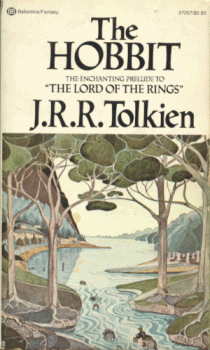 Last week in
Last week in